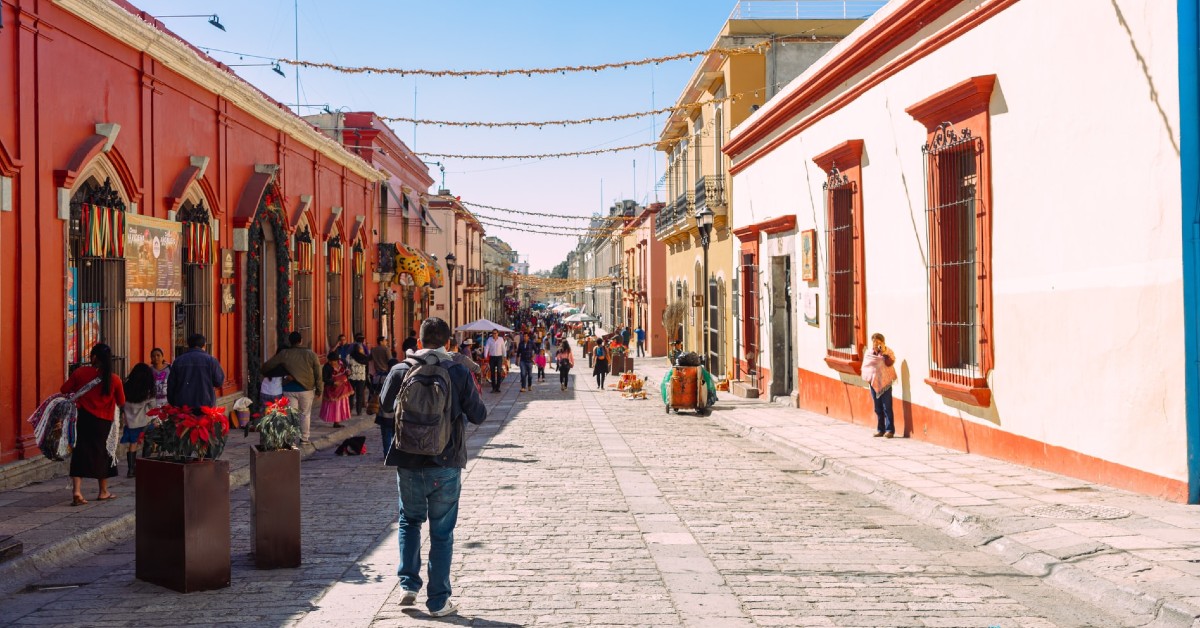Mexican society has suffered a huge blow with the pandemic that began in 2020. Like other countries around the world, the closure of businesses and human activities caused a drop in the economy and a rise in unemployment. Entire families had to modify their lifestyles and the way they relate to each other. This included parties, family reunions, and school classes. Mexico, one of the countries that places the greatest importance on the family, experienced a series of events that merit analysis.
The second wave of the pandemic occurred between late December and early February. In an ordinary year, the Mexican holiday season begins in late November and culminates with the Dia de Reyes (Day of Kings) on January 6. Social and family gatherings tend to be celebrated extensively. During the pandemic, this was a major problem. Although the government asked society not to hold celebrations or gatherings, they still took place.
Soon after the pandemic was declared, death rates quickly rose. The nature of Mexican households greatly facilitated this spread of contagion. Extended families tend to live together in the same household. This overcrowding of Mexican homes in heavily populated or highly marginalized areas makes them more prone to transmitting the disease. This tendency is exasperated by Mexico’s social norm of close encounters such as hugs, kisses, and long conversations between family members.
National health issues also made Mexicans particularly vulnerable to the pandemic. About 70% of Mexicans are overweight and almost a third suffer from obesity. Globally, the obese have been among the most vulnerable to death and hospitalization when catching the virus. The public health system focused more on avoiding hospital overcrowding than on preventing contagion, so the responsibility became personal. In fact, the government decided not to establish major containment measures such as quarantines and travel restrictions for people entering the country.
There is also an issue of reduced spaces among low-income Mexicans. According to INFONAVIT data, the average low-income housing can be as small as 28 m2, although the space varies according to the family’s precise socioeconomic level. This implies an even greater risk of contagion through close interactions with co-inhabitants. In addition to the possibility of contagion, there have been studies that point to the possibility of domestic violence being exacerbated in smaller living spaces. Families in Mexico are large and often interconnected in the same city. Family disputes at traditional events, such as Christmas or birthdays, are common.
The measures that were enacted by the government were not ill-advised, but they did reveal the problem of class inequality. Unlike in other countries, many Mexican workers could not stay at home to quarantine. Delivery drivers, factory workers, and people in the informal economy (56.6%) who barely make ends meet had to remain on the streets in order to make a living. This turned public transportation into a space of contagion that could be brought home and subsequently transmitted to family members. The informality of the economy also prevented the government from acting effectively to alleviate the income not earned by society due to mobility restrictions.
Lastly, Mexican society is deeply distrustful of its governments and their impositions. Despite the fact that health authorities warned against family celebrations during the winter holidays and the danger of contagion due to the likelihood of families not practicing safety measures such as masks and social distancing, a large part of the population ignored this warning and decided to visit their relatives. This significantly increased the death toll and damaged part of the social fabric, which still suffers today from the ravages of the global pandemic.
Photo by Roman Lopez via Unsplash
About the Author
Oscar Alfonzo Pereyra is a Mexican sociologist with a Master’s degree in Social Research and Humanities from the Autonomous University of Aguascalientes and a Master’s degree in Sociology from the Ibero-American University of Mexico.

